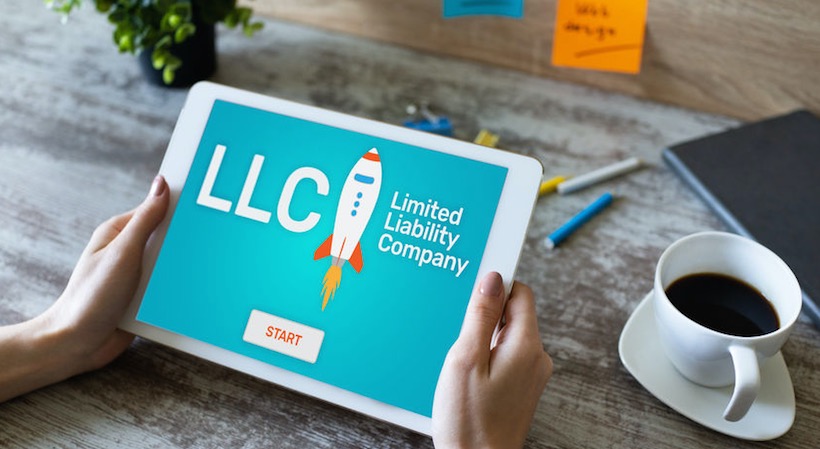Many entrepreneurs initially start a business as a sole proprietorship instead of a limited liability company (LLC). Why do they pick this entity? Forming a sole proprietorship allows entrepreneurs to exercise total control of the business. It’s also affordable to form and getting started requires little paperwork.
However, the drawback is that sole proprietorships do not provide owners with liability protection. If something unforeseen should impact the company, like a lawsuit, the owner would be held completely responsible.
Don’t like the sound of that? The good news is that as a sole proprietor, you may always change your initial business formation. Depending on your company and its offerings, you may incorporate as a corporation, partnership or an LLC. The most popular entity of the aforementioned trio is generally an LLC, so let’s take a look at what makes this formation ideal for (most) any business.
Fast, friendly, dependable service for incorporation filings in any state, specializing in Limited Liability Companies (LLCs), C-Corporations, and S-Corporations. We also decode the complexities of the Corporate Transparency Act, providing vital services to keep your business compliant and in good standing.
Limited liability companies provide business owners with liability protection
Once you form an LLC, you designate your business as a separate, legal entity. This separation creates limited liability protection. Your personal assets are separated, and protected, from the assets associated with the business.
Let’s go back to the example of a sole proprietorship facing a lawsuit. The individual’s personal assets would be at risk because they do not have liability protection through their entity. However, if an LLC was served with lawsuit paperwork, it would not impact the owner’s personal belongings, and items like cars and houses would be safe. This is because liability protection prevents an LLC’s owner from being held fully responsible for the company’s liabilities.
Should Entrepreneurs Incorporate as an LLC or PLLC?
Choose the way an LLC is taxed
Sole proprietors are taxed on everything. This is because their business is not considered to be a separate entity. Limited liability companies, however, may be taxed as a sole proprietorship or choose a different entity to be taxed as. According to the IRS, LLCs are often taxed as a partnership or corporation.
Another popular entity for taxes? S Corporations.
S Corporations initially begin as LLCs that file for S Corp status with the IRS. They are known as a “pass-through” tax entity. What does this mean for entrepreneurs? Once you have filed for S Corp status, profits, losses, deductions and credits pass-through the entity level. They go direct to the owners’ personal tax returns, allowing the company to avoid double taxation.
Limited liability companies are flexible entities
There’s a lot of flexibility found in forming a limited liability company!
Unlike corporations, which tend to be more structured, LLCs have fewer corporate regulations. For example, LLCs are not required to hold a shareholder meeting or establish a board of directors. LLCs may draft written operating agreements and take minutes during meetings, but the entity is open to making changes.
There are other LLC structures to incorporate within
Do you have more than one owner, or member, associated with an LLC? Then, you may consider incorporating under one of the following three structures.
- Single member LLC: This entity is ideal if you only have one member (owner) running the company.
- Member managed LLC: In a member managed LLC, all members are treated as equals. Every member shares the same amount of duties and responsibilities as the other. If you run a business where every member wants to be equally involved, incorporate as a member managed LLC.
- Manager managed LLC: This entity is a good fit for members that worry they may not be able to run the LLC properly. In a manager managed LLC, a board of managers is elected to oversee the direction and operation of the business.
$10K Grants Are Back! Plus, Free Skills Training from Verizon Digital Ready.
It’s relatively inexpensive
That’s right! Entrepreneurs often initially incorporate as a sole proprietorship because it’s affordable, but LLC formations are also inexpensive.
The average national cost is $500 for formation, but it may be even less depending on your state of formation. Check with your local Secretary of State to see what the application requirements and fees are to start an LLC and incorporate as this type of business structure.
Find free courses, mentorship, networking and grants created just for small businesses.








